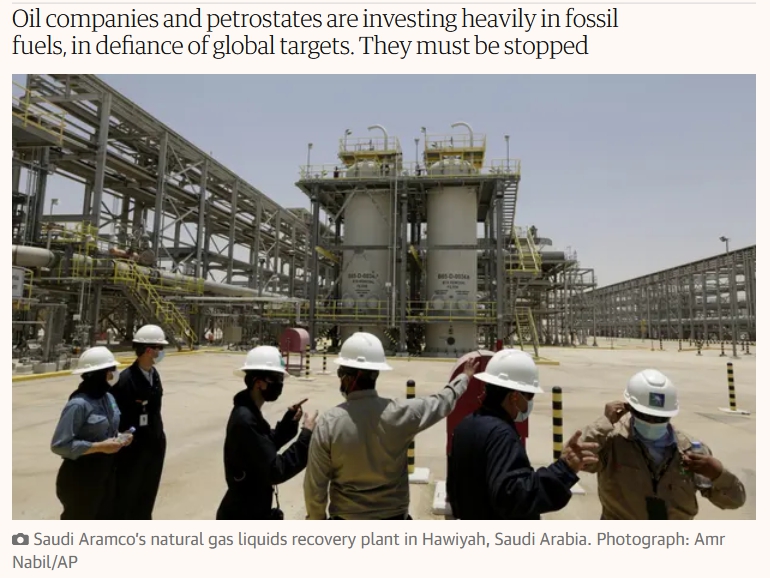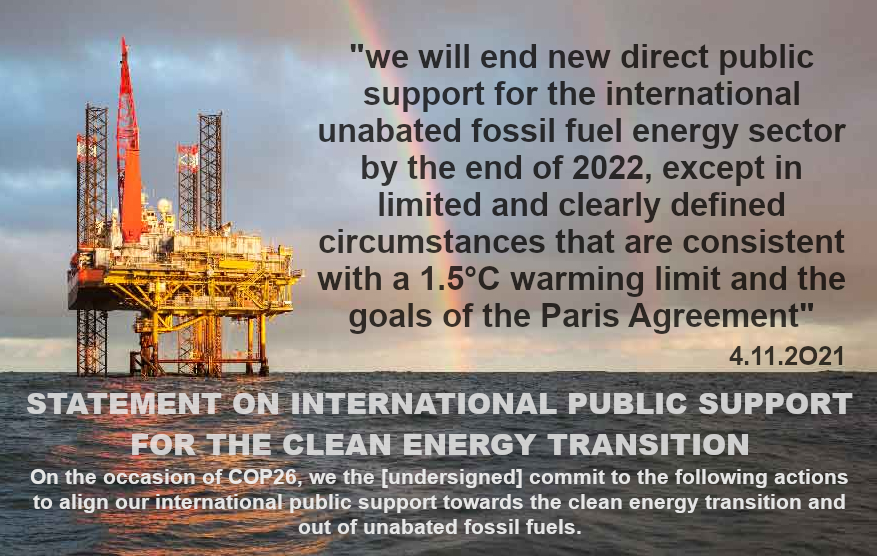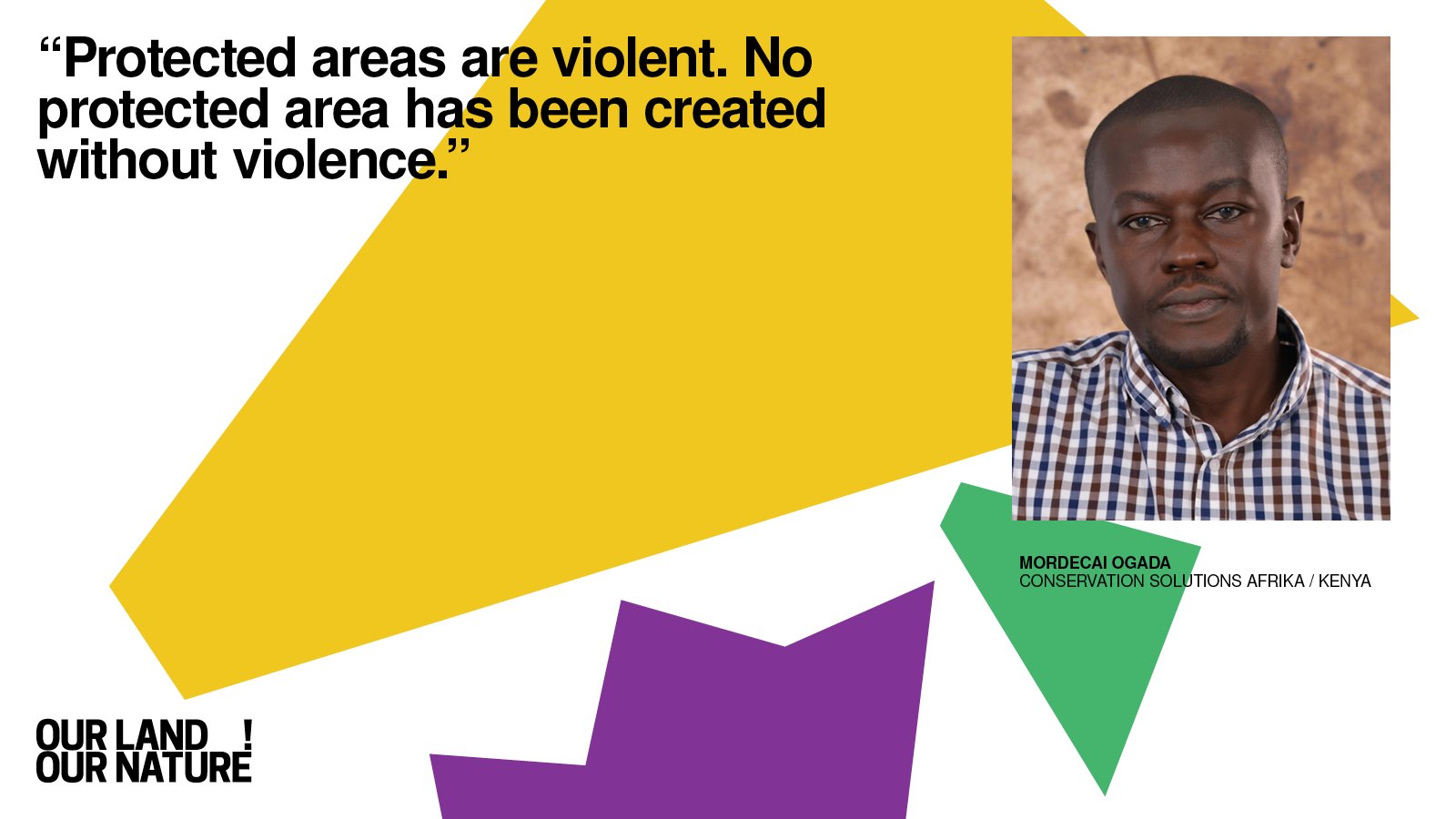Oct 28
20231
Imperialist Wars/Occupations, Whiteness & Aversive Racism
Al-Aqsa Flood Battle Democratic Front for Liberation of Palestine Hamas (Islamic Resistance Movement) Imperia Palestinian Islamic Jihad Popular Front for the Liberation of Palestine Popular Front for the Liberation of Palestine - General Command
Statement Issued by the Palestinian Forces [Oct 28, 2023]
October 28, 2023
Statement issued by the Palestinian forces: Hamas (Islamic Resistance Movement), Palestinian Islamic Jihad, Popular Front for the Liberation of Palestine, Democratic Front for the Liberation of Palestine, and Popular Front for the Liberation of Palestine – General Command:
The five Palestinian powers held a leadership meeting, in Beirut, today, Saturday, October 28, 2023, to discuss the course of with the zionist enemy and its brutal aggression against the Gaza Strip.
In their statement, the five powers saluted the martyrs of our Palestinian people and our steadfast and proud people in the Gaza Strip who are facing an organized campaign of extermination, stressing that they are the people of pride, dignity and steadfastness and that they are the people of victory who are loyal to their cause and their homeland, and [the Palestinian forces] pledged to them to continue on the path of resistance until victory is achieved over the zionist enemy.
The attendees affirmed the following:
• This heroic epic is the battle of the entire Palestinian people, which they are waging in defense of their land, their sanctities, their existence, and their right to freedom, against a barbaric enemy that does not spare any of our people from its crimes. It targets hospitals, mosques, churches, universities, and ambulances, and cuts off electricity, water, fuel, the Internet, and cellular communications for our besieged people.
• Adhering to national unity is a main pillar in confronting the zionist war of genocide against our people, as well as rejecting the enemy’s attempts to divide our people or monopolize any part of it. We stress unifying efforts and closing ranks in this fateful battle.
• We call on the masses of our Arab and Islamic nation and the free people of the world to continue their movements to stop the American-zionist aggression, open the border crossings, bring in humanitarian aid and fuel, and remove the wounded from the Gaza Strip.
• We salute the resistance forces in our nation, especially in Lebanon, Syria, Iraq, Yemen and Iran, and we affirm that our Palestinian people are not alone in this battle.
• We hold the United States of America fully responsible for the war of genocide against our people as it chose to support, escalate, and participate in the war of genocide against our people, which requires a strong response from the Arab and Islamic countries as well as countries friendly to our people to stop this ongoing massacre of our Palestinian people.
• We demand the opening of the Rafah crossing and the entry of aid, humanitarian needs, fuel, and medical and relief teams to our people without delay, allowing the wounded to be transported to Egypt and the Arab and Islamic countries, without interference from the occupation or any of the aggression countries.
• We call on the masses of our people throughout occupied Palestine to escalate all forms of resistance and struggle against the zionist enemy, targeting its soldiers and settlers, and strengthening popular initiatives of struggle in the face of settler attacks and the encroachment of enemy forces.
• The enemy’s cutting of all access to Gaza, besieging it, and cutting off communications and the Internet completely is a cover for a major crime of genocide that the enemy does not want witnesses to, and we stress breaking this siege with an “official and popular” Arab position.
• We adhere to the right of our people to resist, and its confidence in the victory of our people in this battle, as we fight this battle in defense of our land, our people, and our sanctities, and for the sake of liberation, return, self-determination, and the establishment of the Palestinian state with Jerusalem as its capital.
Glory to the martyrs.
Healing for the wounded.
Freedom for the prisoners.
Victory to our people and their valiant resistance.
Saturday, October 28, 2023
+++
Popular Front for the Liberation of Palestine:
—
The duty of the nation and supporters of Palestine is to escalate the struggle against the forces of aggression.
The primary duty of all forces supporting the right of the Palestinian people and opposing the genocidal war against them is to intensify their struggle against the countries involved in the aggression and war against our people. This comes in light of escalating genocidal crimes and the cutting off of all communications with Gaza in an attempt to hide the massive and egregious crimes committed by the enemy against unarmed women, children, and the elderly.
It is inconceivable, after the fall of about 8,000 martyrs, tens of thousands injured, and the displacement of one and a half million Palestinians in Gaza, along with daily genocidal crimes, that the international and Arab response would be at this level. The UN General Assembly’s statements have been weak, the European Union’s stance is hostile and supports the continuation of genocide, and the positions of the United States and Britain are fully involved in the criminal war against our people.
This aggressive alliance will not be dismantled by timid positions or half-hearted stances, but requires an escalation of serious revolutionary action against all these forces, primarily the United States and the other forces of the aggression alliance. Their embassies and bases remain active and present in Arab countries and around the world, untouched by even the minimum amount of protest.
The Front expresses its deep appreciation for every act of solidarity. Still, the scale of zionist crimes against our people requires much more. The magnitude of the massacre and genocidal war should shake the world and mobilize all Arab, friendly forces, and supporters of freedom worldwide.
The Front calls for escalating the struggle and focusing on the embassies of the countries of the aggression alliance and its supporters, considering America as the spearhead of this aggression. They should realize the consequences of their actions and their clear complicity in the killing our children and in the massacres and genocidal war against our people.
Providing justifications and excuses to lower the level of revolutionary and solidarity action to symbolic and formal levels is a stab in the back of Palestine and its people, and will comfort the aggression alliance to give it space to continue crimes against our people. The Front reaffirms its previous call for a mass flood towards the embassies, interests, and bases of the aggression forces and a greater role for solidarity parties and forces in escalating the struggle against the alliance of enemies worldwide.
Popular Front for the Liberation of Palestine
Central Media Department
October 28, 2023




















